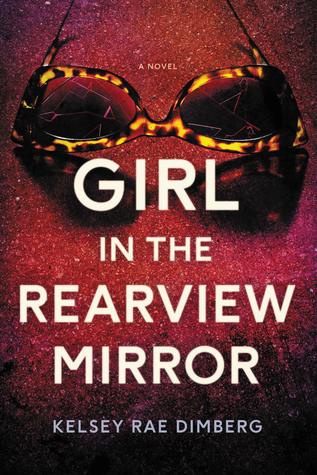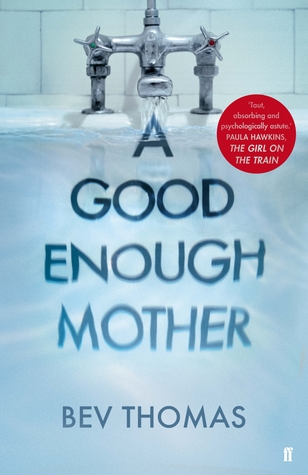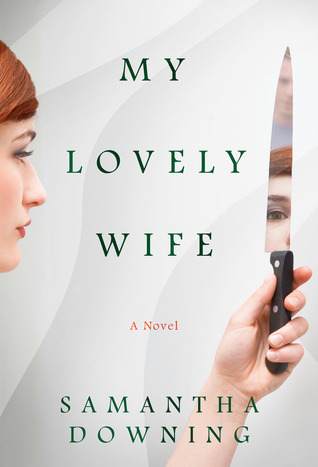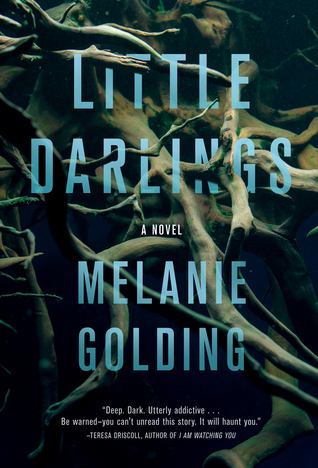“Station Eleven”
Written by Emily St. John Mandel
Review written by Diana Iozzia

“Station Eleven” is purely magical. Reading this book was a different type of experience than I imagined: one where you find yourself wrapped up like a ribbon into this little world, of many different times, characters, and events. We have characters that begin the story and end in other characters’ lives in many strange occurrences. We see characters live, grow, and die in happy, sad, and expected deaths. This will not be a spoiler-free review, please take caution as you read on.
To begin, we have a large cast of characters, but neither of them seems to me like a main character. Kirsten is mentioned in every blurb and description you can find, but I personally think she is one of the most insignificant characters. Her plot is important, but just as important as every other characters’ story. To start with, there is the death of a major celebrity who has seemed to fall from grace but was still beloved by many characters and most of America. He suffers a collapse after a very difficult and exhausting time, and his heart gives out. The death of Arthur does not ignite the plot of the story, but the end of the world begins the night of his death: an epidemic virus that causes death, sort of like the swine flu epidemic.
We meet many characters as they begin to experience the epidemic, years down the line, and years before the epidemic. The weaving of time is not confusing, but merely magical and nostalgic. We see characters at different points in their lives and pray that they survive the entirety of the story. I will be telling the story of the book through each character, not in order of the plot, because it is not chronologically told.
Jeevan’s plot line mainly explains the beginning of the epidemic; how it starts and his experience as the world falls apart. I think this is one of the most compelling sections. The beautiful storytelling technique of “Station Eleven” creates a theatrical scene, where Jeevan is at the play in which Arthur dies. He has lost his girlfriend in the crowd, so then he moves along in stages, like he’s following a script. He fluidly moves from Point A to B as his story progresses. He finds out about the epidemic, then walks down the street past people who are already worried and anxious. He goes grocery shopping and finds his way back to his brother. Although all the plots are out of place and time, and we find out bits and pieces, I’ll continue explaining his story. Jeevan protects his brother and takes care of him, as the epidemic slowly takes out the access to the outside world: the technology, the water, the electricity, any form of cohesive survival. His brother kills himself, which prompts Jeevan to leave the apartment in search of a mean to survival. He walks through the cities, through states, and eventually finds himself at a peaceful compound. He survives the rest of his days with his wife and his family. We also see some backstory of Jeevan, as he was a paparazzo and reporter, who interviewed Arthur and his multiple wives, years prior to the epidemic.
Kirsten is made to be the main character, the one who is described in all blurbs. She is a member of the Traveling Symphony, a group of musicians and actors that travel whatever is left of the United States to perform music and Shakespearean plays. We begin their tale as they travel into an old town, looking for members of their symphony, who had settled in this town to have their baby and wait to rejoin the symphony, the next time the group returns. As they look for Jeremy, Charlie, and baby Annabel, they find the town is very strange, with odd citizens and marked graves of people who may not be dead, only excised from the community. This town seems very eerie, almost as if it was run by a cult. We soon find out that the Prophet is a cult leader, who will exile those who do not conform to his plan.
Miranda is a very interesting character as well, and by far the second character I enjoyed most. She is the one character I wanted to survive the most, and her story is very impacting of the rest of the characters as well. We are introduced to her when she is seventeen years old, who has a boring, awkward lunch date with the much older Arthur. His character was not sexually creepy, but he gives off the Harvey Weinstein vibe, certainly. Miranda is stuck in a corporate assistant job, but she dreams of writing comics. She’s created “Station Eleven”, a short series of comic books that do not become popular to the masses. She only publishes them and gives them to loved ones, anyway. However, eventually, the comics become very important to Kirsten as a coping mechanism in which she clings to. Also, the Prophet uses the comics as a means of devotion and faith. Back to Miranda, she is Arthur’s first wife. We see them at an awkward dinner party in which she suspects Arthur is cheating on her with a guest at the party, Elizabeth. They eventually divorce. Clark is also another character at the party, who holds significance and was beloved by me. Unfortunately, Miranda lives an unfulfilled life, and succumbs to the virus. This made me quite upset, because she was a great character.
Arthur is a character who is used as a backbone device for the plot. He is not important other than he progresses the plot and creates events that impact future characters. We see a bit of his life through dinner parties, through lunches, and through his last day, in which Miranda gives him the Station Eleven comics. He sends them to his son, Tyler, and he gives them to his little favorite actress in the play he’s performing, who just happens to be Kirsten.
Clark is a close friend of Arthur, so we see his perspective as a younger man at the dinner party, as they stay awkward friends throughout the years. Clark has a great connection to the past and future. One of the main goals of Jeevan, of Kirsten, the Symphony, Charlie and Jeremy, and more is to find the Severn City Airport. However, we begin Clark’s most important story in this airport, as the epidemic begins. Clark lands in the airport, after having flown with Elizabeth and her son with Arthur. Clark begins the section of the epidemic that is the people of the United States beginning to settle down, collect food, create a little community of people within the airport, and to begin surviving. Throughout the years, Clark creates a museum, containing objects from years gone by: like tablets, cell phones, clothing, motorcycles, and more, for the new children of the United States to learn from. This museum was spoken about by Kirsten and her friend August, who long to find the airport and the museum to continue their survival.
The Prophet is important to the story line, but it’s interesting to watch his origin. We soon suspect the Prophet is the older version of Tyler, Elizabeth and Arthur’s son, who holds up with Clark in the airport. He had been given a copy of “Station Eleven” by his father, which we soon realize is the faith, combined with a bible, that the Prophet teaches. We see young Tyler at the airport standing outside and shouting the phrases and verses from the book of Revelations. In Kirsten’s plot, we see the Prophet angry with Kirsten and the symphony, because a young follower of his decides to join the symphony and escape from the cult. Tyler / The Prophet is eventually killed by one of his other followers, who tries to protect Kirsten and friends.
The End: We find our characters, Clark, Kirsten, Charlie, Annabel, Jeremy, and members of the symphony all safe in the airport. At this point, survival is not difficult for those there. They have found ways to hunt and keep safe. In the last bit of the book, we have the largest, most inspiring piece of hope: lights turning on in a nearby town.
My Conclusion: I thoroughly enjoyed this book, but not for the reasons I thought I would. I had incorrectly thought that this book would only be about Kirsten and the Symphony’s survival. I did not imagine the scope and the life that Emily St. John Mandel created for this story. It was truly magical. The ideas, the characters, the hope of electricity at the end. This was a very humbling and sobering book. I really wanted these characters to live. I felt they were real.


















